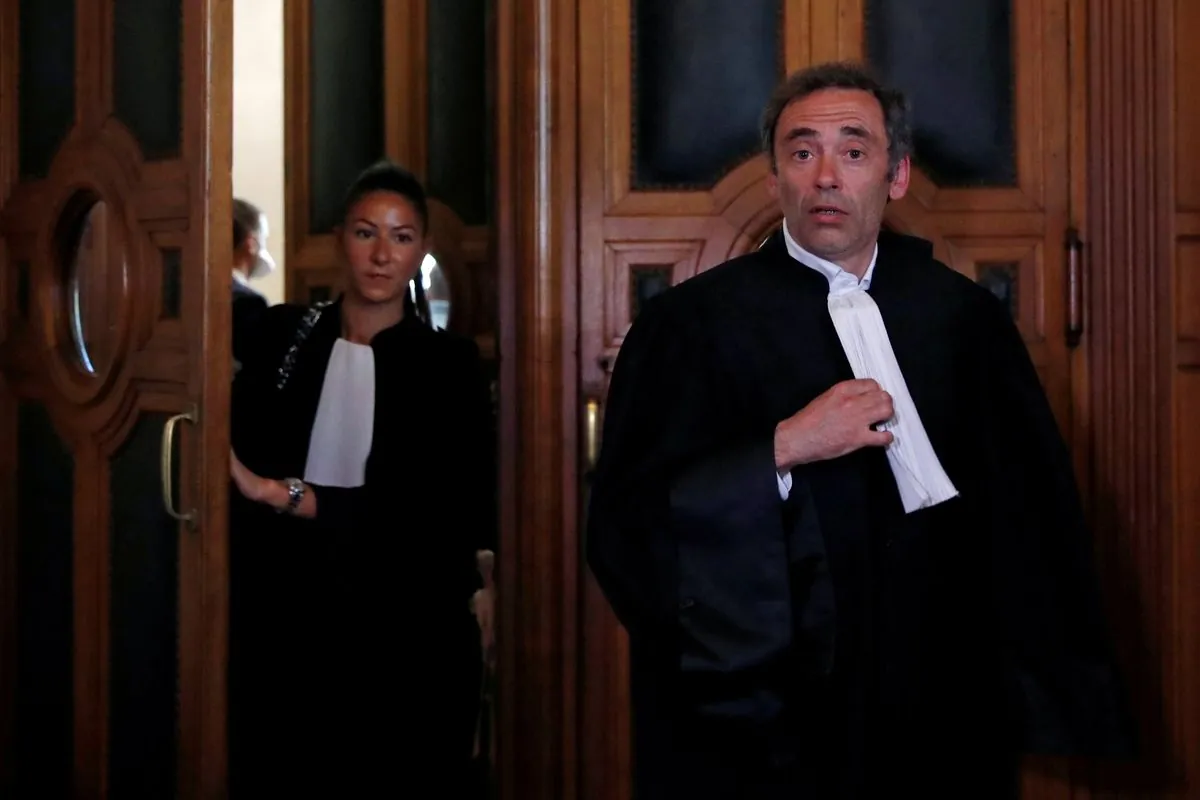In a shocking development in Avignon, France, Jean-Pierre Marechal, 63, has admitted to replicating the abusive actions of Dominique Pelicot, who is currently on trial for orchestrating the repeated drugging and rape of his wife over nearly a decade. This case has sent shockwaves through French society and ignited a national conversation about sexual violence.
The trial, which began on September 17, 2024, has brought to light disturbing details of a complex web of abuse. Pelicot stands accused of not only victimizing his own wife but also influencing others, including Marechal, to commit similar acts. The case has drawn significant attention, with Gisele Pelicot, the primary victim, becoming a symbol for women's rights in France.
France has a long history of addressing women's rights issues, dating back to the French Revolution. In recent years, the country has made significant strides in combating sexual violence. The French legal system, based on civil law, has implemented strict measures against such crimes, with rape punishable by up to 15 years in imprisonment.
During his testimony, Marechal attributed his actions to the influence of Pelicot and his own traumatic childhood experiences. He stated, "I regret my actions. I love my wife. If I had not met Mr. Pelicot, I would have never committed this act. He was reassuring, like a cousin." This statement highlights the complex psychological factors at play in cases of sexual violence.
The prosecution alleges that Marechal and Pelicot met on a website called Coco, where Pelicot shared images of his crimes and described his methods. This digital aspect of the case underscores the role of technology in facilitating such offenses and the challenges law enforcement faces in combating online criminal networks.
"I regret my actions. I love my wife. If I had not met Mr. Pelicot, I would have never committed this act. He was reassuring, like a cousin."
It's worth noting that France has made significant efforts to combat sexual violence in recent years. The government launched a campaign against sexual harassment in 2018 called "Réagir peut tout changer" (Reacting can change everything). Additionally, France has established a national observatory on violence against women and provides a helpline (3919) for victims of sexual violence.
The case has also highlighted the importance of public trials in exposing such crimes. Gisele Pelicot, 72, insisted on a public trial to bring attention to her ex-husband's actions and those of the 50 men he allegedly recruited to assault her. This decision aligns with the French legal system's provision for victims to become civil parties in criminal cases, allowing them to actively participate in the judicial process.
As the trial continues, it serves as a stark reminder of the ongoing battle against sexual violence and the importance of supporting victims. The case has prompted renewed calls for stronger preventive measures and support systems for those affected by such crimes.
